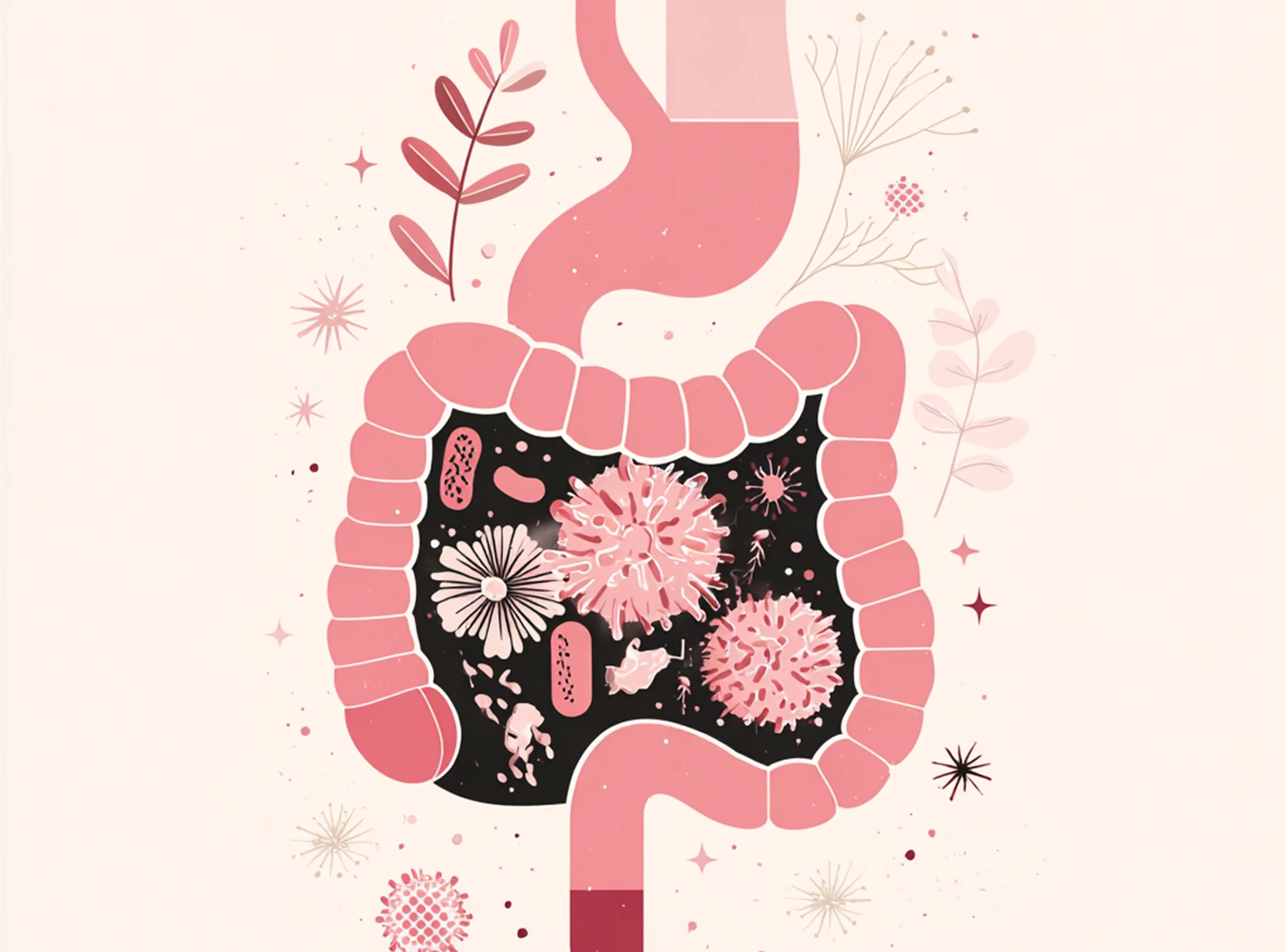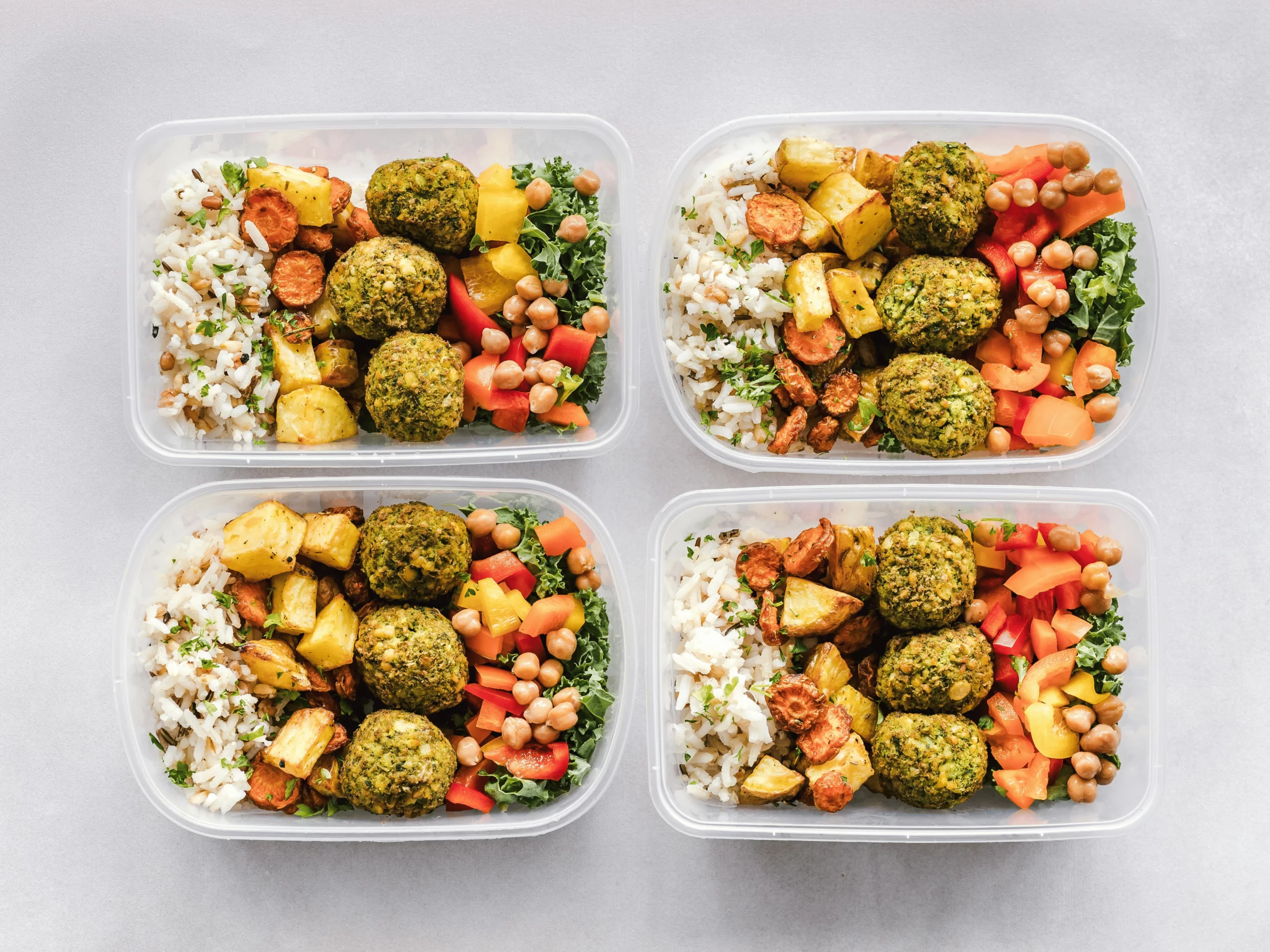
Hydration Tips: Staying Hydrated Throughout the Day
Staying hydrated is essential for maintaining overall health and well-being. Water plays a crucial role in digestion, nutrient absorption, temperature regulation, joint

Probiotics are live microorganisms, mainly beneficial bacteria, that offer numerous health benefits when consumed in adequate amounts. They’re most commonly found in fermented foods and supplements.


They restore gut balance: Stress, illness, antibiotics, and poor diet can wipe out good bacteria in your gut. Probiotics help replenish them.
They improve digestion: Certain probiotics produce enzymes that help break down food and absorb nutrients more efficiently.
They boost immunity: Around 70% of your immune system lives in your gut. Probiotics help your body fight infections and reduce the risk of inflammatory diseases.
They ease digestive disorders: Probiotics can alleviate symptoms of irritable bowel syndrome (IBS), bloating, diarrhea, and constipation.
They support mental health: A healthy gut is linked to better mood and mental clarity thanks to the gut-brain axis. Some probiotics may even help reduce anxiety and depression.
They protect against harmful microbes: Good bacteria compete with bad bacteria, viruses, and yeasts for space and nutrients—keeping the invaders in check.


If probiotics are the good bacteria, prebiotics are their food. Prebiotics are a type of non-digestible fiber that travels to the colon intact and serves as fuel for beneficial bacteria.
They help probiotics thrive: Without prebiotics, probiotics wouldn’t survive or function effectively. It’s like trying to run a marathon on an empty stomach.
They promote a diverse microbiome: Prebiotics support a wide range of beneficial bacteria, which leads to a more resilient gut environment.
They improve mineral absorption: Prebiotics help the body absorb calcium and magnesium more efficiently, contributing to bone health.
They regulate blood sugar and cholesterol: Certain prebiotic fibers help slow down digestion, promoting stable blood sugar levels and lowering LDL cholesterol.
They reduce inflammation: By feeding good bacteria, prebiotics help reduce the production of pro-inflammatory substances in the gut.
They improve bowel regularity: Prebiotics increase stool bulk and promote more frequent, healthy bowel movements.


Probiotic foods are fermented foods that contain live beneficial bacteria. These bacteria can survive the journey through your digestive tract and colonize your gut, improving digestion and gut flora balance.
Kefir (Fermented Milk Drink)
Benefits: Kefir is a fermented dairy product, similar to yogurt but with a wider range of probiotic strains. It contains beneficial bacteria and yeast, such as Lactobacillus and Bifidobacterium, which help improve digestion and promote gut health.
How to Use: Drink a glass of kefir daily as a standalone beverage or add it to smoothies. If you’re lactose intolerant, there are dairy-free kefir options.
Kimchi (Fermented Vegetables)
Benefits: Kimchi is a Korean dish made from fermented cabbage and other vegetables, flavored with garlic, ginger, chili peppers, and fish sauce. It’s rich in Lactobacillus probiotics and helps with digestion, gut health, and inflammation.
How to Use: Kimchi is a great addition to salads, sandwiches, bowls, or eaten on its own as a side dish. It also pairs well with rice, stir-fries, and tacos.
Sauerkraut (Fermented Cabbage)
Benefits: Sauerkraut is finely shredded cabbage that has been fermented with lactic acid bacteria. It’s a good source of Lactobacillus and supports gut health, reduces bloating, and boosts immune function.
How to Use: Add sauerkraut as a topping for sandwiches, burgers, and hot dogs. It can also be used as a side dish or incorporated into salads and wraps.
Yogurt
Benefits: Yogurt is made by fermenting milk with bacteria, most commonly Lactobacillus bulgaricus and Streptococcus thermophilus. Probiotic yogurt can aid digestion, improve immunity, and help with conditions like IBS.
How to Use: Eat yogurt on its own or use it as a base for smoothies, parfaits, and dressings. Opt for plain, unsweetened yogurt to avoid added sugars.
Miso (Fermented Soy Paste)
Benefits: Miso is a Japanese seasoning made from fermented soybeans and grains. It contains beneficial bacteria like Lactobacillus and Bifidobacterium that support gut health and digestion.
How to Use: Use miso in soups, salad dressings, marinades, or sauces for added flavor and probiotics.
Kombucha (Fermented Tea)
Benefits: Kombucha is a fermented tea drink that contains a variety of probiotics like Acetobacter, Lactobacillus, and Saccharomyces yeast. It promotes gut health, boosts energy, and supports detoxification.
How to Use: Drink kombucha as a refreshing beverage. It can also be used as a mixer in cocktails or added to smoothies.
Pickles (Fermented Cucumbers)
Benefits: Naturally fermented pickles (without vinegar) are an excellent source of probiotics, especially Lactobacillus. They can aid in digestion and improve gut flora balance.
How to Use: Eat pickles as a snack, or use them in sandwiches, salads, or as a garnish for dishes like burgers and wraps.


Prebiotics are typically fiber-rich foods that provide fuel for the probiotics in your gut. These foods support the growth and activity of beneficial bacteria, ensuring a healthy and diverse gut microbiome.
Oats
Benefits: Oats contain a specific type of fiber called beta-glucan, which acts as a prebiotic. Beta-glucan supports the growth of beneficial gut bacteria and helps regulate cholesterol and blood sugar levels.
How to Use: Enjoy oats as oatmeal, in smoothies, or use them as a base for granola or baked goods. Adding oats to your breakfast can help you start the day with a gut-friendly meal.
Bananas
Benefits: Bananas are rich in resistant starch, a type of prebiotic fiber that feeds beneficial bacteria in the gut. They also help maintain healthy bowel movements and regulate digestion.
How to Use: Eat bananas as a snack, blend them into smoothies, or add slices to oatmeal or yogurt.
Garlic
Benefits: Garlic contains inulin, a type of fiber that acts as a prebiotic. It stimulates the growth of beneficial gut bacteria like Bifidobacteria and Lactobacillus.
How to Use: Add fresh garlic to savory dishes like soups, stews, pasta sauces, and stir-fries. Garlic can also be roasted and used in spreads or dips.
Onions
Benefits: Like garlic, onions contain inulin and fructooligosaccharides (FOS), both of which support the growth of beneficial gut bacteria. Onions also have anti-inflammatory and antioxidant properties.
How to Use: Use onions in salads, soups, stews, sauces, and as a garnish on sandwiches or burgers. Raw onions are particularly beneficial as a prebiotic.
Leeks
Benefits: Leeks are an excellent source of inulin, which nourishes beneficial gut bacteria. They also contain antioxidants and have anti-inflammatory effects.
How to Use: Add leeks to soups, stews, and casseroles, or use them in vegetable stir-fries and frittatas.
Asparagus
Benefits: Asparagus contains inulin and other prebiotics that feed beneficial gut microbes. It also provides a good amount of vitamins, minerals, and antioxidants.
How to Use: Roast or steam asparagus as a side dish, or chop it up and add it to salads, pasta dishes, or frittatas.
Chicory Root
Benefits: Chicory root is an excellent source of inulin and fructooligosaccharides. It supports the growth of beneficial bacteria and promotes gut health.
How to Use: Chicory root is often used as a coffee substitute or added to dietary supplements. It’s also used as a fiber supplement in various food products.
Apples
Benefits: Apples contain pectin, a type of soluble fiber that acts as a prebiotic. Pectin helps improve gut motility, reduces constipation, and supports healthy bacteria growth.
How to Use: Eat apples as a snack, slice them into salads, or blend them into smoothies.


Staying hydrated is essential for maintaining overall health and well-being. Water plays a crucial role in digestion, nutrient absorption, temperature regulation, joint

Tips on Measuring Portions and Adjusting Serving Sizes Portion control is a key component of healthy eating, especially when managing weight, ensuring

© 2025 Nutrina LTD. - All rights reserved